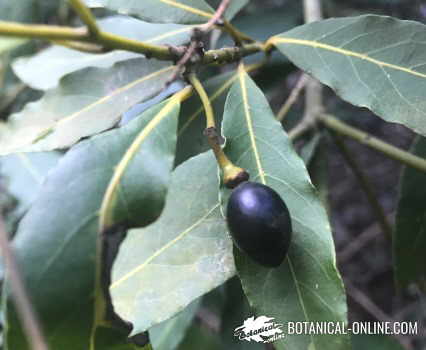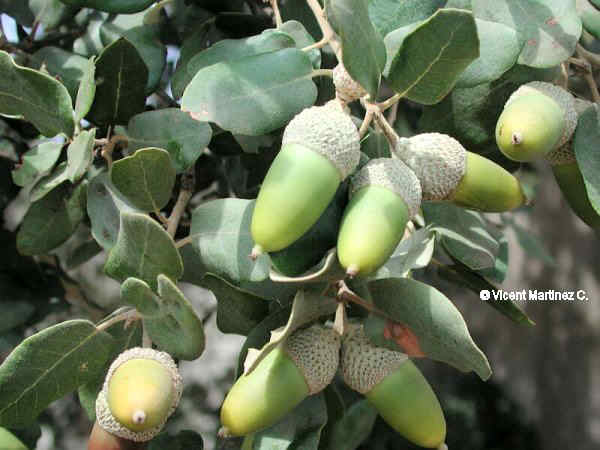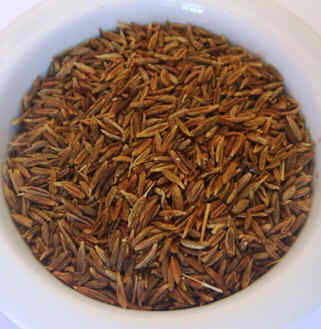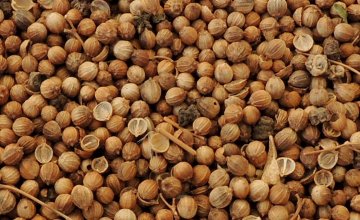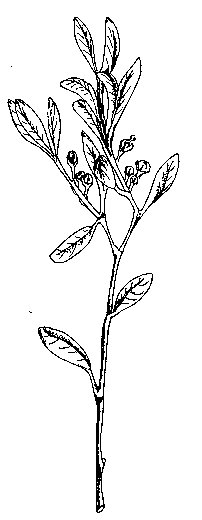Contents
- 1 Mustard green virtues
- 1.1 Mustard green benefits
- 1.2 Mustard greens are antioxidant
- 1.3 Mustard greens protect our heart and our arteries
- 1.4 Mustard greens a very light food
- 1.5 Mustard greens, very rich in vitamin A and vitamin C
- 1.6 How to eat mustard greens
- 1.7 Which mustard greens are the best?
- 1.8 Mustard greens contraindications
- 1.9 Other diseases that should not be treated with mustard
Mustard green virtues
Mustard green benefits
Mustard greens are the fresh leaves, flower buds or stems of the Indian mustard (Brassica juncea). It is a food little used in the West, but its use as edible plant is very old in India, where this plant is native.
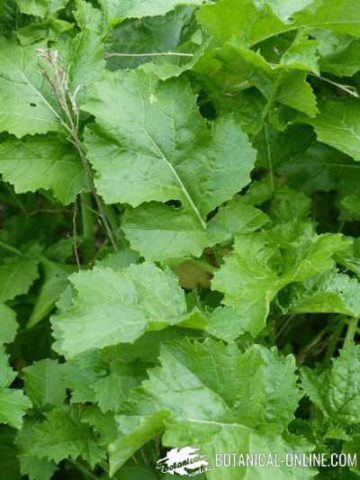
The Indian mustard has very prominent edible properties as a result of its rich in vitamins, minerals and phytochemicals.
In fact it belongs to genus Brassica, a group of plants with proven medicinal-edible benefits, in which we find such outstanding plants such as broccoli, cabbage, brussels sprouts, etc
Mustard greens are antioxidant
Due to its content of glucosinolates, this plant has outstanding antioxidant properties. Antioxidants are able to neutralize the negative effects of free radicals, which are responsible for cellular oxidation.
Glucosinolates of mustard green are converted into isothiocyanates. These are the substances that provide the characteristic burning aroma of this plant, which unmistakably recalls the common mustard. These components are a very important food for anti-cancer.
Eating these food slows aging and protects us from developing cancerous tumors.
Besides the glucosinolates, mustard greens is rich in other components with antioxidant properties. These include vitamins (Vitamin E, Vitamin C and Vitamin A in the form of carotenoids) and minerals (manganese) and other phytochemicals (quercetin, kamferol, stigmaterol, beta-sitosterol, campesterol).
Mustard greens protect our heart and our arteries
This protection is determined by both, the high amount of soluble fiber and vitamin K.
Mustard fiber, in combination with the liquid in the intestine, forms a paste surrounding cholesterol and hinders its absorption into the bloodstream. Therefore, this cholesterol is expelled through the stool. Cholesterol lowering is a guarantee of prevention of circulatory diseases, such as strokes, thrombosis, atherosclerosis, etc.
We mustn’t forget that mustard green leaves are very rich in phospholipids. Phospholipids, like lecithin in soy, help reduce cholesterol.
Moreover, its high amount of vitamin K also seems to provide interesting properties for the heart and arteries. On the one hand, it is considered that this vitamin has anti-inflammatory properties, which may decrease the negative effects of chronic inflammation on the circulatory system.
On the other hand, vitamin K is supposed to be helpful in preventing cardiovascular diseases due to their ability to stop plaque formation of “bad cholesterol” (LDL) in the arteries.
Other components with anti-cholesterol properties in mustard leaves are campesterol and stigmasterol
Mustard greens a very light food
Mustard greens have very few calories because of their high water content and low content of carbohydrates and fats. All this makes them a suitable food for those who have obesity problems.
Moreover, its high potassium content gives them diuretic properties, well suited to remove excessive fluids. Eating this food can help in slimming diets.
Mustard greens, very rich in vitamin A and vitamin C
Green mustards are very rich in vitamin A, in the form of carotenes. This vitamin, besides possessing antioxidant properties, is very interesting to preserve vision health, because it prevents eye diseases like night blindness, nearsightedness, farsightedness, etc.
This vitamin also plays a very important role in the immune system, helping to strengthen the defenses and preventing the emergence of infectious diseases.
No less important is vitamin A in maintaining skin, nails or hair in good state, because of its regenerative properties of the cells.
Vitamin C is also a very healthy vitamin for the skin. It prevents or improve skin conditions (psoriasis, eczema, skin spots, burns, skin sagging, wrinkles, etc,) and helps to collagen formation.
Eating food rich in vitamin C prevents allergies or asthma attacks or helps to dimish the symptoms of flu or cold and speeds recovery from these diseases.
How to eat mustard greens
- They can be eaten raw in salads, together with other vegetables (tomatoes, cucumbers, lettuce, etc)
- They can be fried or cooked with other vegetables (potatoes, onions, etc)
- For non vegetarian people, they can be stewed with pork or beef.
Which mustard greens are the best?
It is advised to buy very fresh leaves, especially those having dark green colors and not showing any sign of rottenness or bad color.
Mustard greens contraindications
- Hypothyroidism: The goitrogenic components of mustard greens affect the functioning of the thyroid gland in people with hypothyroidism. This effect has not been demonstrated in healthy adults.
- People with dyspepsia: This plant contains irritants that damage the stomach lining and cause severe pain to people with dyspepsia, gastritis or stomach ulcer.
- Digestive ulcers: Mustard stimulates the digestive functions and can worsen digestive ulcers and heartburn.
- Varicose veins: Mustard is contraindicated for people with vascular problems because it stimulates circulation. People with circulatory problems, varicose veins, phlebitis or thrombosis should not take medicines with mustard (topically or internally).
- Affections of the urinary tract: Medicines with mustard should not be taken by those with urinary diseases such as cystitis or renal colic because an excess of mustard can cause inflammation of the urinary tract.
Other diseases that should not be treated with mustard
- Renal insufficiency: People with renal insufficieny should avoid mustard greens and mustard seeds because they are foods rich in oxalates and potassium.
- Intestinal diseases: Mustard can cause outbreaks and digestive disorders to people suffering from dumping syndrome, inflammatory bowel disease, Crohn’s disease and irritable bowel syndrome.
- Diseases of the nervous system: Mustard can have convulsant effect, so that it should not be taken by people with nervous symptoms such as multiple sclerosis and Parkinson’s disease.
- Allergy to cruciferous plants: Some people are allergic to components of mustard and other cruciferous plants. they must first ask the doctor if they have any allergies to cruciferous plants before starting treatment. Some known plants of this family are the arugula, broccoli or cabbage. The use of these plants in people who are allergic can cause anaphylaxis.
![]() More information on mustard.
More information on mustard.

